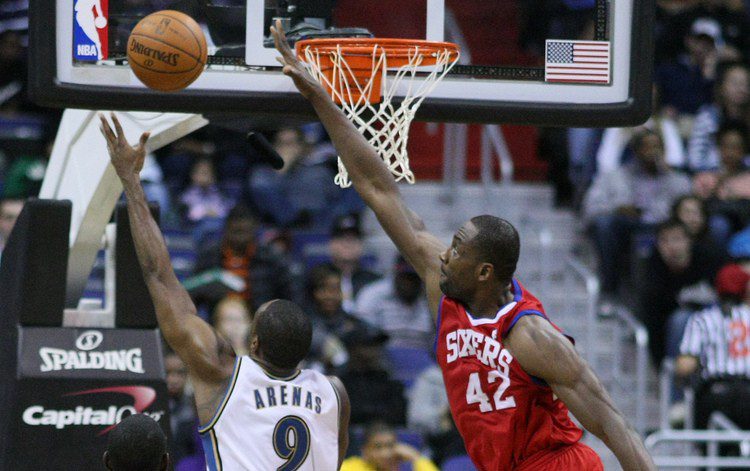
Screenshot courtesy of Toronto Maple Leafs/Youtube
The Toronto Maple Leafs snapped a team record 11-game losing streak this past Saturday with a convincing 5 – 1 victory over the hopeless Edmonton Oilers. These days, a win against the Oilers is a bit like getting your first kiss at a kissing booth – it counts, but it’s not something you brag about. Part of the winning formula involved interim head coach Peter Horachek benching Leafs forward David Clarkson, who is currently earning a little more than five million dollars a season.
While I never agreed with the Clarkson contract, the move has prompted an interesting question, “Can a coach ever bench big money players?” I mean obviously they can do it, it’s within their power, but can you do this for an extended period without it blowing up in your face? Can you allow so much vested capital to sit idle with absolutely no return? What will the team, management and fans think of the move? I have some ideas about what a coach would need to do in order to pull this off. I am not a coach, nor do I play one on TV, but I feel like my experiences playing and being a part of sports teams and franchises might be of some help to Peter.
First we must assume the coach who has the sole responsibility of making the decision as far as who plays and who doesn’t. This goes for any sport. Players can be suited and not start. Players can be dressed and not even touch the playing surface. It happens all the time for one reason or another. If you are going to bench a big money player, it’s in your best interest to let the management know what you’re doing and why ahead of time. If you don’t, the move can come off a variety of different ways, and it’s better that you and the management are on the same page when it comes to your intentions. Even with this pre-emptive discussion, the management may disagree with your tactic, it is important to keep that in mind.
Just like it’s important to keep management updated, the players too must be told where the absent player is and why, and that includes the player themselves. Otherwise there can be doubt and rumors surrounding the reasoning and the desired result of the move. The powerful thing about transparency is that it shares a message with everyone on the team about what sort of coach you are. The downside is that this message isn’t always well received by everyone. It is important to note for the team and the player if this move is to allow the player some time and space to come back to the game on their terms, or if the individual, due to lack of production or passion, is being removed from the game. Mitigating circumstances should always be considered and explained to all parties.
When it comes to the fans and media, I actually think saying nothing is the best thing you can do. So long as the team and the management is well-informed, let the media speculate and stir up whatever nonsense they like – it sells more tickets. There is always going to be someone who desires a coaching change. They will criticize during a winning stretch. It is important to not duck their questions or it seems like you are hiding something. “The decision to not play that particular player was discussed with that individual, the team and the management. We hope they take the time away from the game as a positive and come back to the team and contribute to our joint success.” That seems like a great generic statement that doesn’t say anything while saying something.
Even with all these wonderful tips, it is impossible for a coach to sit a big dollar contract for a prolonged period of time. The player must be released or traded if the rift is so large that the team is vastly improved without their presence. You can do either of these things with minimal implosions so long as you can prove (through victories) that your logic is sound. No one is going to be upset with the coach that makes the team better week after week. Fans don’t need to see or understand the facts behind the move, they base everything on the results, and to a certain degree the management does too. But you have to deliver on those results to make it seem like you know what you’re doing. So coaches far and wide think carefully about benching those big money players. The person who ends up trying to find a new team to work with might be you.















